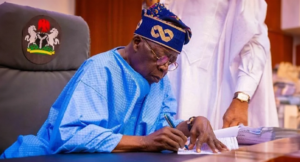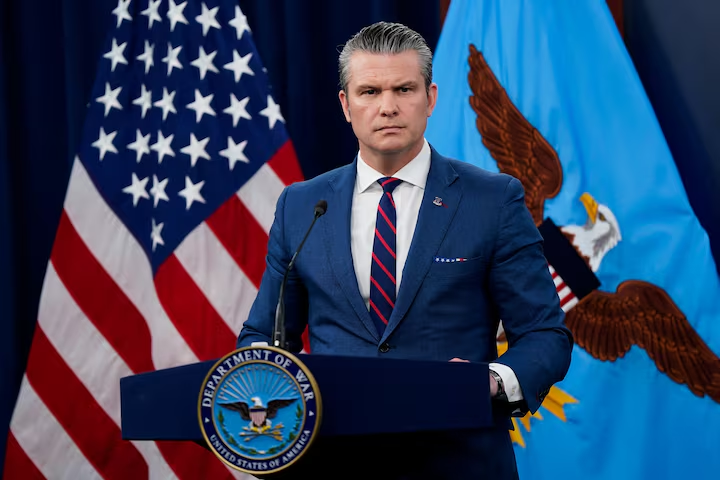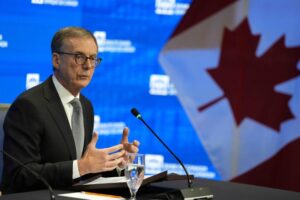The TraderMoni scheme, other Government Enterprise and Empowerment (GEEP) micro-credit products (MarketMoni and FarmerMoni), a component of the Buhari administration’s Social Investment Programme(SIP) are still very much in operation, the Presidency has said.
Mr Laolu Akande, the Senior Special Assistant on Media and Publicity to the President, Office of the Vice President, disclosed this in a progress report on GEEP made available to newsmen on Thursday in Abuja.
He said that contrary to speculations in some quarters, the micro-credit schemes had not stopped, as 30,000 petty traders had received TraderMoni loans after elections.
Akande said that with repayments, some of the initial beneficiaries had started collecting second improved loans of N15, 000.
“So far, a target of 30,000 minimum beneficiaries per state has been achieved in a majority of the 36 states and FCT after the national and state polls.
“What the implementing agency has been doing since the last phase of disbursements is generating the balance of programme funding while ramping up on the states with shortages.
“Consequently, disbursements have continued to happen in the states; for instance, we have had over 28,000 disbursements across 10 states since after the elections.
“Our priority is ramping up these numbers in the balance of states before we move to phase two of the programme after detailed reviews and structural enhancements for larger scale.
“Under the Next Level agenda, TraderMoni loans will target 10 million petty traders, a significant ramp up from the initial target of two million beneficiaries.
On the role of the Ministry for Industry, Trade and Investment in the implementation of the scheme, Akande said that it was actively involved in the project.
He said that the ministry was in fact, the over sighting ministry of Bank of Industry (BOI), which was the deploying agency like the Office of the Minister executed the GEEP programme via BOI.
According to him, the governance structure of GEEP includes the office of the Vice President (National Social Investment Office), Ministry of Trade and Investment, and BOI.
Speaking on measures adopted to enhance repayments, the Senior Special Assistant said that GEEP had pioneered innovative solutions to drive repayment compliance.
“Working with the Central Bank of Nigeria (CBN), and the Nigerian Interbank Settlement System (NIBSS), we successfully piloted the concept of the BVN as digital collateral; and we saw repayment go up significantly on the MarketMoni and FarmerMoni loans.
“For TraderMoni, beneficiaries can pay back at any commercial bank in the country just like a NEPA or WAEC bill; all they need to provide the bank teller with is their phone number.
“We also developed and successfully piloted scratch cards as a repayment option for beneficiaries who stay kilometres away from the nearest banks in their community.
“The cards are loaded the same way Telco recharge cards are loaded, thus requiring no new learning curve.
“This improved repayment received compliance to the extent that in January, the BOI began second level disbursements of N15,000 to beneficiaries in Lagos, Borno, Ogun and Oyo states for traders who had successfully paid back their first N10,000 loans.”
He said that GEEP’s vision in the long term remained to empower the more than 30 million MSMEs in Nigeria with interest-free, collateral-free loans.
Akande said that GEEP programme, a component of the Buhari administration’s SIP had since inception about two years ago, impacted many lives, as well as improved living conditions.
He said it had expanded opportunities for ordinary Nigerians to do petty trading as well as small and medium scale businesses.
“Under the TraderMoni scheme, an initial N10,000 loan is given to petty traders and once they repay within six months, they can receive a new N15,000 loan and when they repay, they can get another N20,000 loan until they get as much as N100,000,’’ he said.









